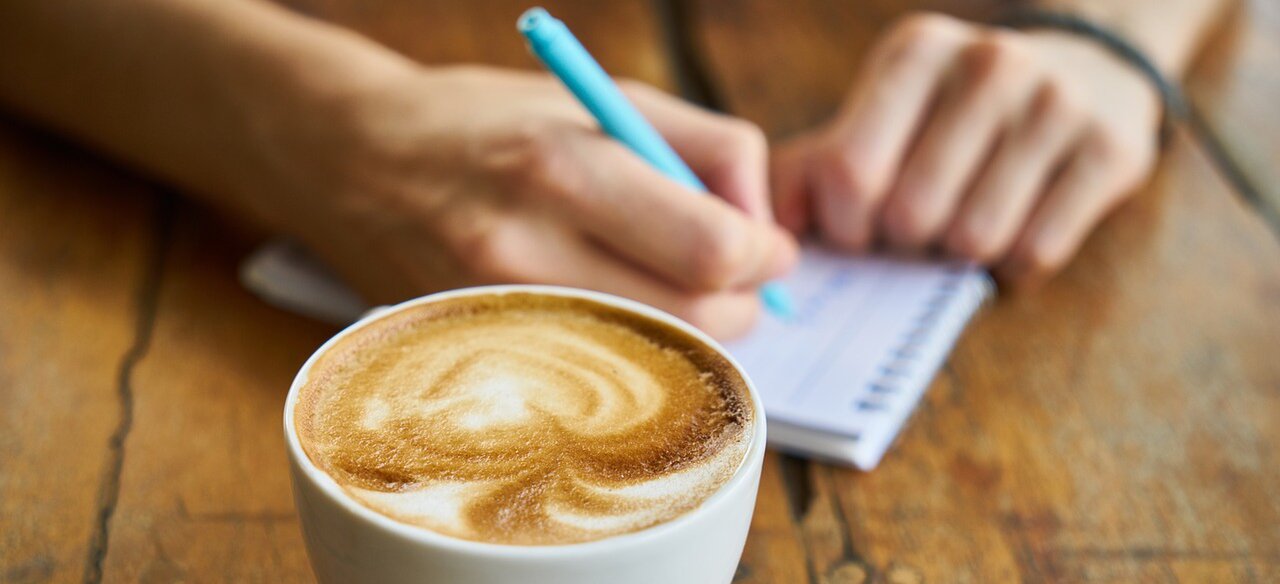I recently saw and shared a post on Facebook that really saddened me, but also sparked a line of thought for this blog. Sadly this week the last male White Rhino in existence died in captivity. The photo was posted with the man who would have cared for him. I posted it and felt incredibly sad as these gorgeous animals are from the country of my birth and so it really struck a cord. They have been poached for their horn for greed for many years and many thousands of Rands are spent to try protect them.
It made me sad for a few reasons, one that we as humans have the ability to do the opposite of what we were designed for, to take care of this planet. Another is because of senseless greed this magnificent creature is now extinct, and lastly a species was ultimately destroyed because people used it as Traditional Medicine to cure aliments but also because it has become a status symbol to display someone’s success and wealth. What a waste! The thing that upset me the most was the realisation that we, as humans, have the capacity for such destructive behaviour. Reading through the comments was also very insightful.
As I look at the picture again, I am stuck by two thoughts, my anger towards those who through greed and ignorance have destroyed a magnificent species, which could lead me to a despair that all is wrong with the world and there are too many evil people doing evil things for their own gain without any regard for the consequences, potentially leading to an anger and hatred towards those people. The other is the tenderness and sadness of the carer of Sudan (which is the name of this White Rhino) as he grieves over the animal, reminding me that there is also much love and care and many good people doing good works that are impacting their families, businesses, communities and nations for a better life.
I think we have to be careful not to demonise people and groups and think that we are excluded from the fact that each of us is capable of doing things that have devastating consequences. We need to be careful not to be pointing out other people faults when we have gaps and deficiencies in our own lives. We have to be aware that we are so capable of adding to the sorrow of another especially when we stand to the side in judgement and pride.
In Brene Browns book “Braving in the Wilderness”, which is a brilliant life changing book on “The quest for true belonging and the courage to stand alone.” There is a chapter called “People are hard to hate close up, move in. She cautions us not to dehumanise people because it makes it easier on our conscience to hate and dismiss them.
“Dehumanizing and holding people accountable are mutually exclusive. Humiliation and dehumanizing are not accountability or social justice tools, they’re emotional off-loading at best, emotional self-indulgence at worst. And if our faith asks us to find the face of God in everyone we meet, that should include the politicians, media, and strangers on Twitter with whom we most violently disagree. When we desecrate their divinity, we desecrate our own, and we betray our faith.
Challenging ourselves to live by higher standards requires constant diligence and awareness. We’re so saturated by these words and images, we’re close to normalizing moral exceptions. In addition to diligence and awareness, we need courage. Dehumanizing works because people who speak out against what are often sophisticated enemy image campaigns - or people who fight to make sure that all of us are morally included and extended basic human rights - often face harsh consequences.”
As I looked as this picture I decided to not add to the fuel and hatred for those who perpetrate this. I decided to look within to acknowledge that most of us... yes I acknowledge there are a few bent on destruction... but most of us are just doing the best we can with what we have, I decided to extend grace to those who I could so easily demonise to make it easier to justify my hate and decided to love with grace and courage.
This photo was taken from the facebook post, the original photo is credited to Picture: Ami Vitale/National Geographic Creative)


